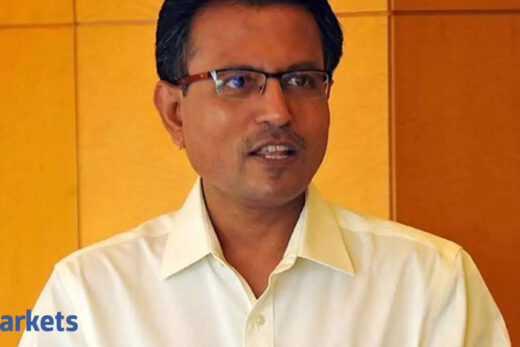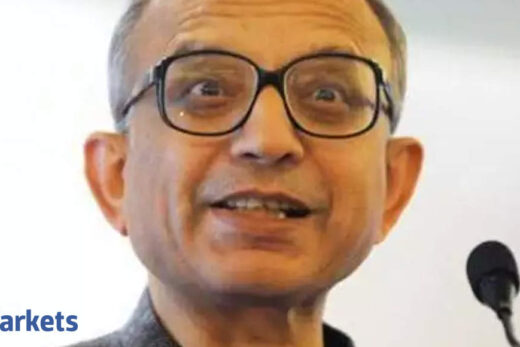Her previous two Budget speeches had drawn mixed reactions from the stock market, to put it mildly. Investors expected something averse this time too as reflected in the more than 6 per cent correction in the stock market heading into today’s speech.
Yet, within half an hour of her speech, it was clear to everyone that she was on course to deliver her best Budget to date. By the end of her speech, the Nifty and Sensex had soared over 3 per cent each. Both the benchmarks ended the day 5 per cent higher and recorded their best Budget day point-wise gains ever.
“It’s a pro-growth, pro-business and pro-India budget and will probably go down in history as one of the most progressive budgets of modern India,” said Ritu Arora – CEO and CIO, Allianz Investment Management, who manages over $40 billion in assets.
The minister chose to shrug at fiscal hawks and deliver a 34 per cent jump in capital expenditure hoping that the higher infrastructure outlay will kick start a virtuous economic cycle with a high multiplier effect. It will, but obviously, come at the cost of blowing the fiscal deficit to 6.8 per cent of GDP in the next fiscal year, miles above what economists expected. But their, too, she offered an olive branch to the rating agencies by promising to bring it down to less than 4 per cent by 2025-26.
“…this shows that the government is willing to spend and spend qualitatively to boost demand and growth,” Sitharaman told reported post her Budget speech.
But in India, the truth is that, expansionist budgets are usually tripped up by poor execution. Pranab Mukherjee’s similarly expansionist Budget of 2009, at the lowest point of the global financial crisis, was later blamed for sparking the worst banking crisis in the nation’s history, while many of the infrastructure projects remained stuck on the drawing board.
“It is now upon the administrative ministries, departments and state governments responsible for executing the proposals. Like Rishabh Pant, who went to Australia with a poor record of recent execution, the performance of these executing organs of the government in recent past has not been encouraging,” said Amit Kumar Gupta, head of PMS at Adroit Financial Services.
So while the finance minister has braved a tricky fiscal wicket with the suave of Cheteshwar Pujara, her bureaucracy must ensure that they execute like what Rishab Pant did in Australia.




